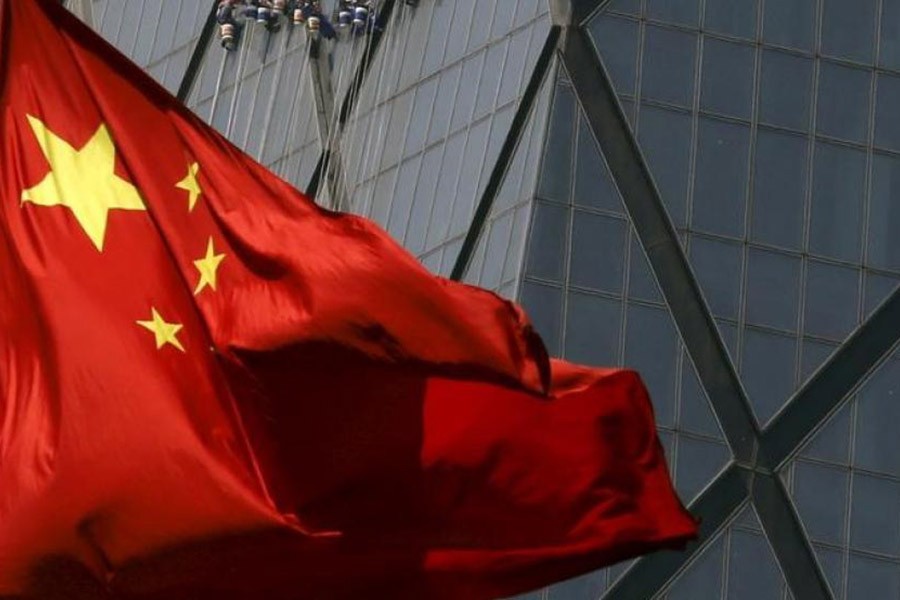
Published :
Updated :

Websites of The Washington Post and the Guardian are now reportedly blocked in China, as Beijing tightens restrictions under its 'Great Firewall' censorship programme.
Until this weekend, The Washington Post and the Guardian were among the last few major English-language outlets that were still regularly accessible from mainland China without the use of virtual private networking (VPN) software, according to the censorship tracker greatfire.org.
Other blocked outlets include Bloomberg, The New York Times, Reuters, and The Wall Street Journal, reports bdnews24.com quoting several global media.
Chinese internet authorities have gone into overdrive in recent weeks ahead of the 30th anniversary of the Tiananmen Massacre on June 4, 1989, prohibiting users on the popular WeChat social media service to post keywords or pictures related to the event.
The censorship move signals another shift in China's authoritarian leadership since the pro-democracy protest in Tiananmen. Thousands of residents in the semiautonomous Hong Kong gathered for a vigil on Tuesday commemorating the protest, it said.
The websites of The Post and The Guardian appear to be blocked as China further tightens its so-called "Great Firewall" censorship apparatus as it navigates a politically sensitive period.
All but the most oblique references to the incident were scrubbed and, during the days around the anniversary, users complained about not being able to access the function to change their avatars, it added.
A CNN reporter said the network's website was blocked again last week shortly after CNN.com ran a top story commemorating the 1989 incident.
The Straits Times website has been blocked since late last month.
China's Internet censors rarely, if ever, communicate their reasoning for blocking specific websites and it is not clear whether the ban would be permanent, it reported.
Although the authorities intermittently tighten and loosen their restrictions, the trend since 2013 has shown more and more foreign websites being irrevocably added to China's blacklist, according to The Straits Times.
Wikimedia Foundation, the non-profit organisation that operates Wikipedia, said it had not received any notices explaining the latest block.
International business lobbies, media freedom groups and Western government officials, including United States trade negotiators, said the Great Firewall amounts to not only a restriction on speech but also fair practice.
The extensive censorship software now blocks more than 10,000 Web domains and is powered by artificial intelligence algorithms that tirelessly sharpen its ability to sniff out VPNs.
The Chinese authorities have said that their censorship practices are a matter of the country's "Internet sovereignty" and not negotiable with foreign governments.
But its officials have gone further in recent years, not only defending their approach to censorship but also touting its successes as a model that authoritarian governments around the world could adopt, it reported.


 For all latest news, follow The Financial Express Google News channel.
For all latest news, follow The Financial Express Google News channel.